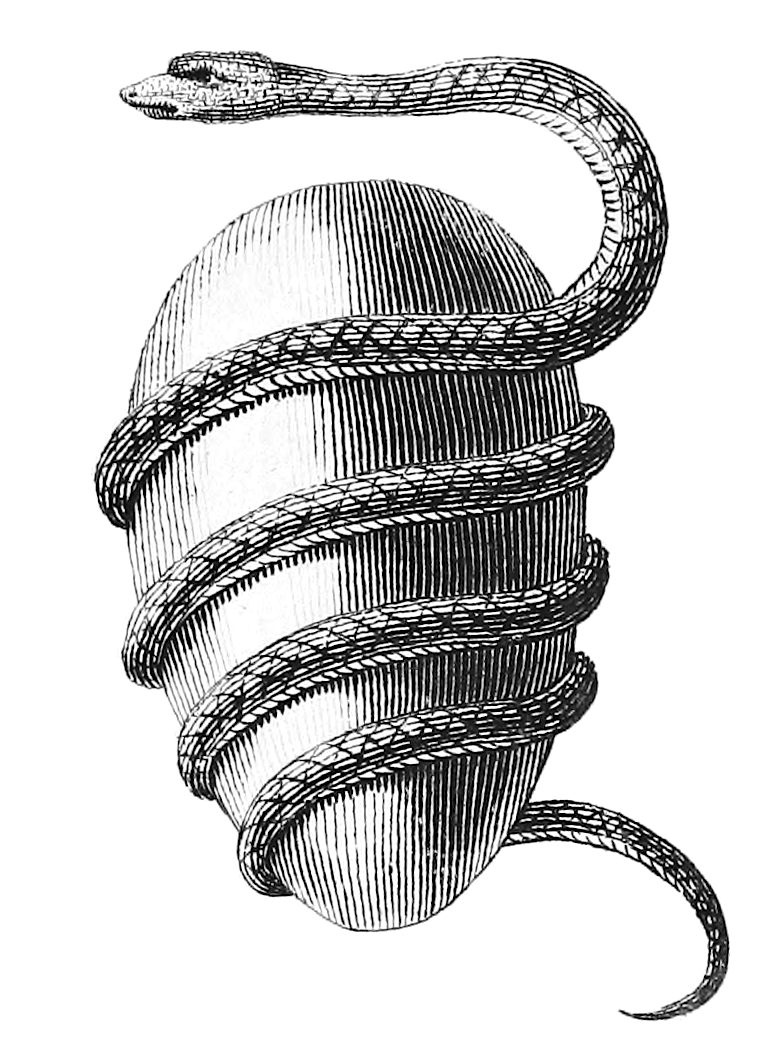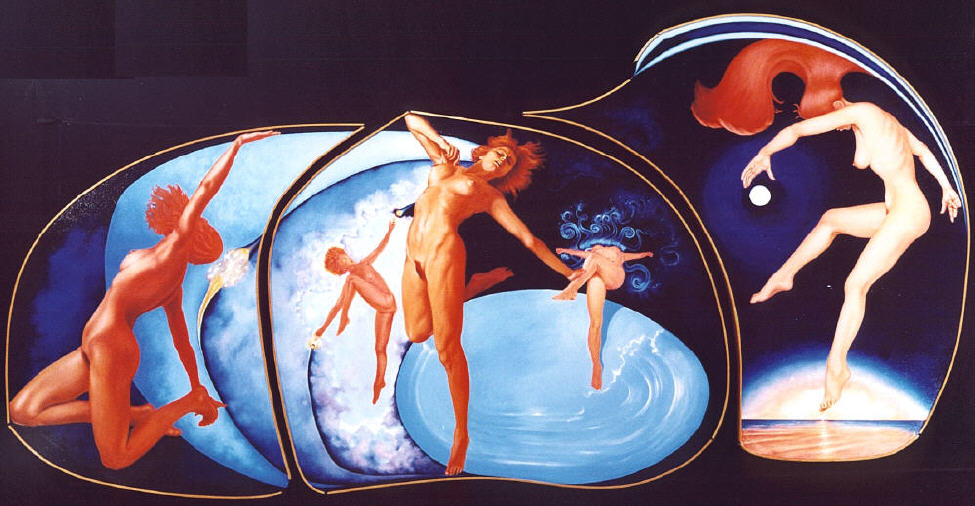 Razor Scooter.
Razor Scooter.Yup. A child's plaything was the avenue to my 5 and a half months of pain and sacrifice. I found a scooter 2 days before the end of my freshman year here at MSU. I loved that thing. I rode it everywhere I could, despite the shaking of heads of my fellow young adults. TOO BAD, I thought. I get to relive my childhood and you DON'T.
Then I crashed and broke my foot.
So, that was the start of my summer of limping, hopping and turning down fun hiking trips.
Here is the 2-month recovery plan my doctor put me on after I had already been in a boot for 3 months

BUT, I did learn alot about patience and also got really good at cooking. So maybe it takes as much as a broken fourth metatarsal to make one stop and relax.




